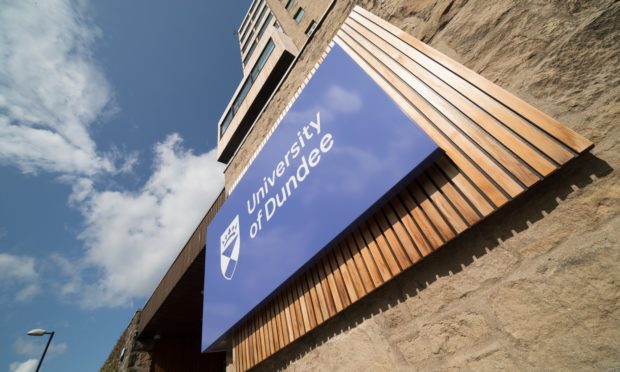Dundee University has shared a six-figure funding boost to accelerate the quest for a potential Covid-19 antidote.
In a project funded by benefactors including Microsoft founder Bill Gates, Dundee and Glasgow Universities have been given £225,000 to screen existing medical treatments in a bid to determine their potential effectiveness against SARS-CoV-2, the virus which causes Covid-19.
The move has been funded by Covid-19 Therapeutics Accelerator, an initiative launched by the Bill and Melinda Gates Foundation, Wellcome, and Mastercard to speed up the response to the coronavirus.
The University of Dundee Drug Discovery Unit (DDU) and researchers at the MRC-University of Glasgow Centre for Virus Research (CVR) will work together to rapidly screen a large collection of existing approved medical treatments for other diseases.
They will also conduct research into whether any combination of the molecules may have anti-SARS-CoV-2 potential when acting together against the virus.
As SARS-CoV-2 is an emerging virus, there are currently no known effective medicines for patients who require hospitalisation and treatment.
However, the team of Scottish-based scientists believe it may be possible to rapidly repurpose existing therapeutics to combat the COVID-19 pandemic.
Professor Paul Wyatt, head of the DDU, said: “This is an exciting opportunity to partner the virology expertise in the CVR, with the drug discovery expertise in the DDU, to seek to find new treatments for this destructive disease.
“Even if it does not identify medicines that can be used immediately it could give us good start points for the development of new drugs for the future.”
Professor Massimo Palmarini, Director of the CVR, said, “There is an urgent need to find treatments that will be effective against the SARS-CoV-2 virus, as millions of people around the world continue to be exposed to and fall ill with this new coronavirus.
“However, the usual mechanisms for developing treatments can be lengthy, and so projects like this, searching through treatments that already exist, could save time and help to save lives.”










